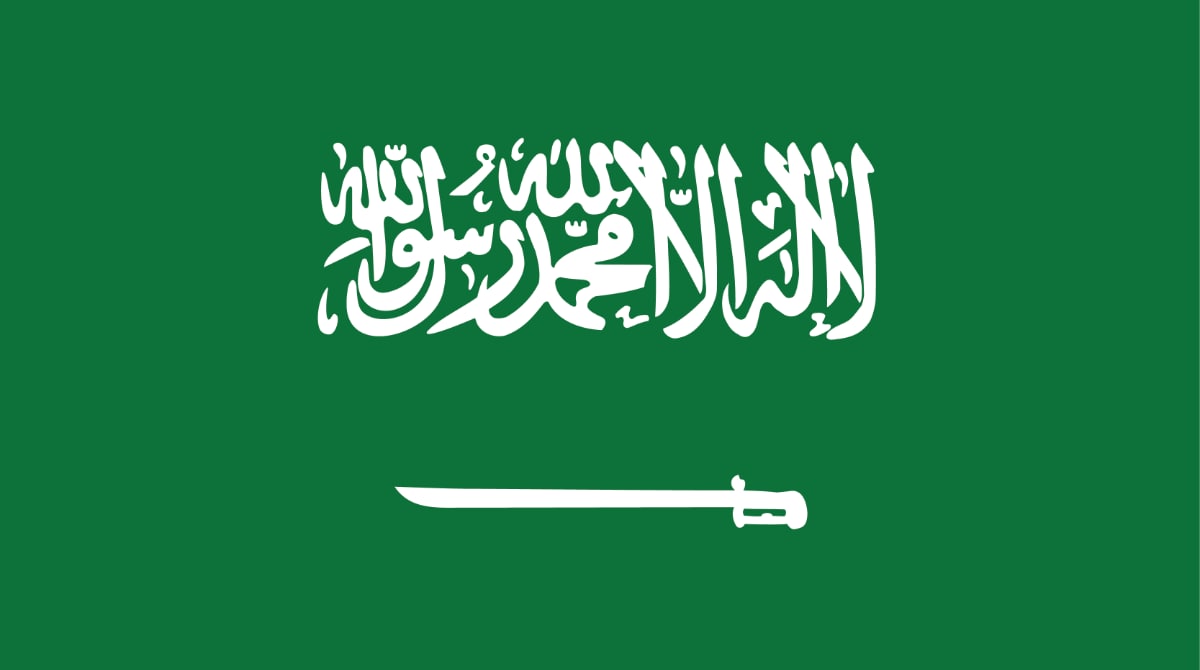At a glance
CDC works with the Ministry of Health (MOH) and other partners to build effective public health collaboration and partnerships, which strengthen the country's core public health capabilities: data and surveillance, laboratory capacity, workforce and institutions, prevention and response, innovation and research, and policy, communications, and diplomacy.

Overview
CDC has worked with the Kingdom of Saudi Arabia for over 35 years. Saudi Arabia is part of CDC’S Middle East/North Africa (MENA) regional platform. This includes 25 countries, one regional office based in Oman, and one country office in Pakistan.
CDC works closely with the Government of Saudi Arabia and partner organizations to detect, prevent and control infectious disease outbreaks and build and strengthen the country's core public health capabilities. These include data and surveillance, laboratory capacity, workforce and institutions, prevention and response, innovation and research, and policy communications and diplomacy.
With the establishment of the MENA Regional Office in 2020, CDC has been able to further enhance and strengthen our partnerships. CDC has also enhanced joint collaborative activities with Saudi Arabia in support of global health security. CDC's work aims to protect the health of our nations and public health around the world.
Global health security
Workforce development
Field Epidemiology Training Program (FETP)
Since 1989, CDC has supported the strengthening of Saudi Arabia's public health workforce to investigate and respond to disease outbreaks. FETP residents develop critical skills to help track, contain, and eliminate outbreaks before they become epidemics. Many FETP graduates currently assume advanced and senior public health positions in the country. The program provides overarching training to the workforce to build up field epidemiology skills across the health sector. Saudi Arabia's FETP residents are on the frontlines serving on rapid response teams and conducting contract tracing.
Saudi Arabia's two-year Advanced FETP leads to a diploma in Field Epidemiology from King Saud University, College of Medicine, which is recognized as equivalent to a master's degree by Saudi Council for Health Specialties. CDC has provided technical assistance and staffed a CDC Resident Advisor to guide the program. The program is open to the Gulf Cooperation Countries (GCC), which includes Bahrain, Kuwait, Oman, Qatar, Saudi Arabia, and United Arab Emirates. To date, 34 cohorts have completed the program, totaling over 190 graduates, of which 24 are from other Gulf countries.
The Advanced FETP has been invaluable for the country to address public health challenges and emerging diseases, such as the Middle East Respiratory Syndrome (MERS), a viral respiratory illness linked to in and near the Arabian Peninsula and which has the highest burden in Saudi Arabia. FETP graduates also participate in public health response, such as during the annual Hajj pilgrimage, which brings over a million people to the country every year.
In 2019, the FETP expanded through the launch of Frontline FETP, incorporating veterinarians and physicians into a shorter training program (3 months) at the local level. To date, 3 Frontline FETP cohorts have graduated, providing Saudi Arabia with more than 50 trained field epidemiologists across the country.
National Public Health Rapid Response Team Program
First national rapid response teams in the gulf region
CDC supports strengthening Saudi Arabia's surge public health workforce to rapidly and effectively respond to public health events. In 2023, CDC assisted in the establishment of the Saudi National Public Health Rapid Response Team Program (NPHRRT) to identify and roster multidisciplinary public health professionals. The NPHRRT trains their surge workforce on program operations and how they function under Saudi Arabia's national response framework. This is the first NPHRRT in the gulf region.
The NPHRRT program managers were trained by CDC and together developed the preparedness and response phase standard operating procedures for the program. In 2024 the NPHRRT program will be implemented and cascaded to the subnational level to strengthen emergency response capacity at the local level.
Key achievements
- More than 240 fellows have graduated from Saudi FETP.
- The Saudi FETP was the first FETP in the Middle East. The program routinely trains and recruits residents from other Gulf countries.
- The Saudi FETP supports the Hajj by conducting studies and doing outbreak investigations.

